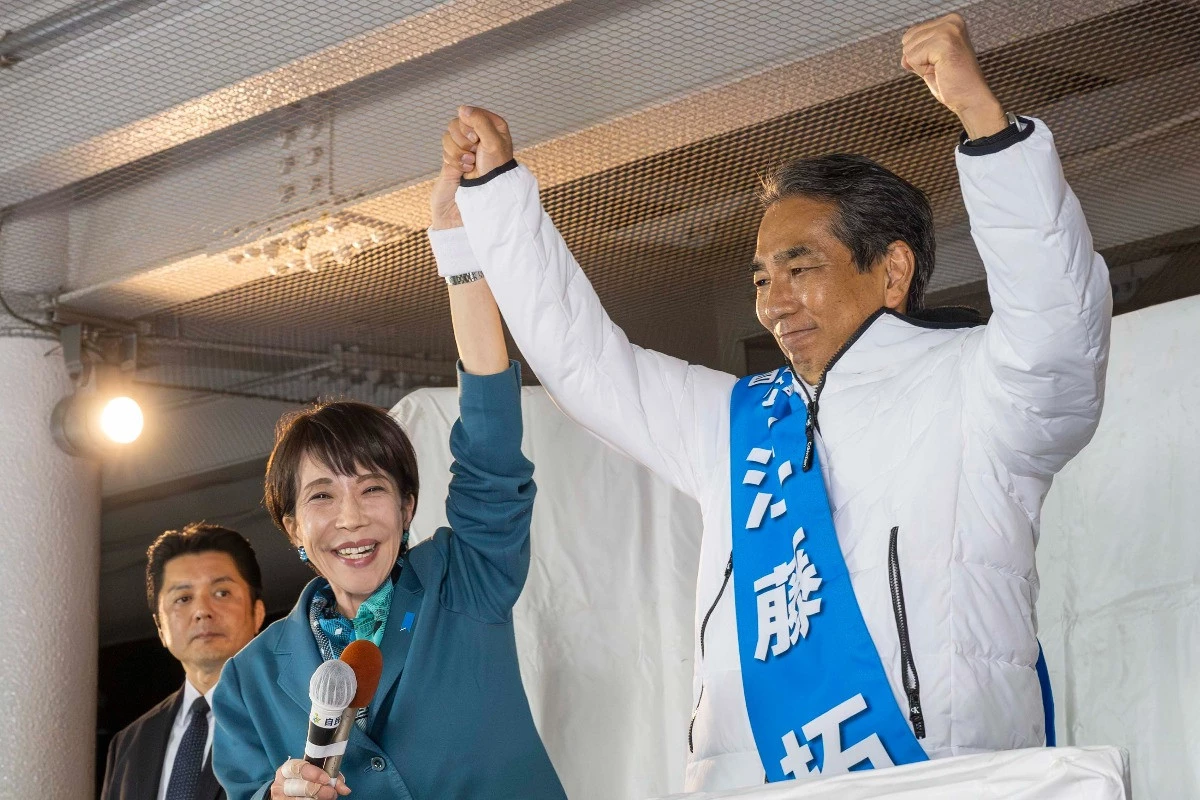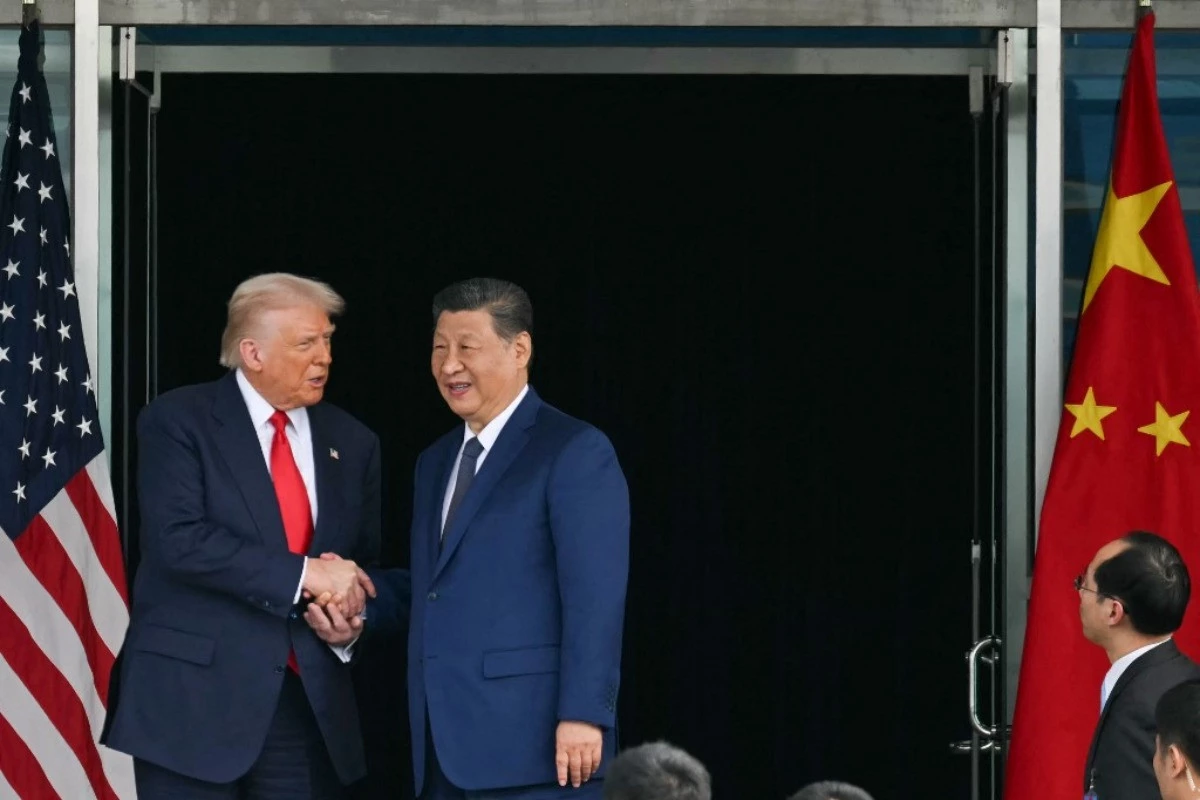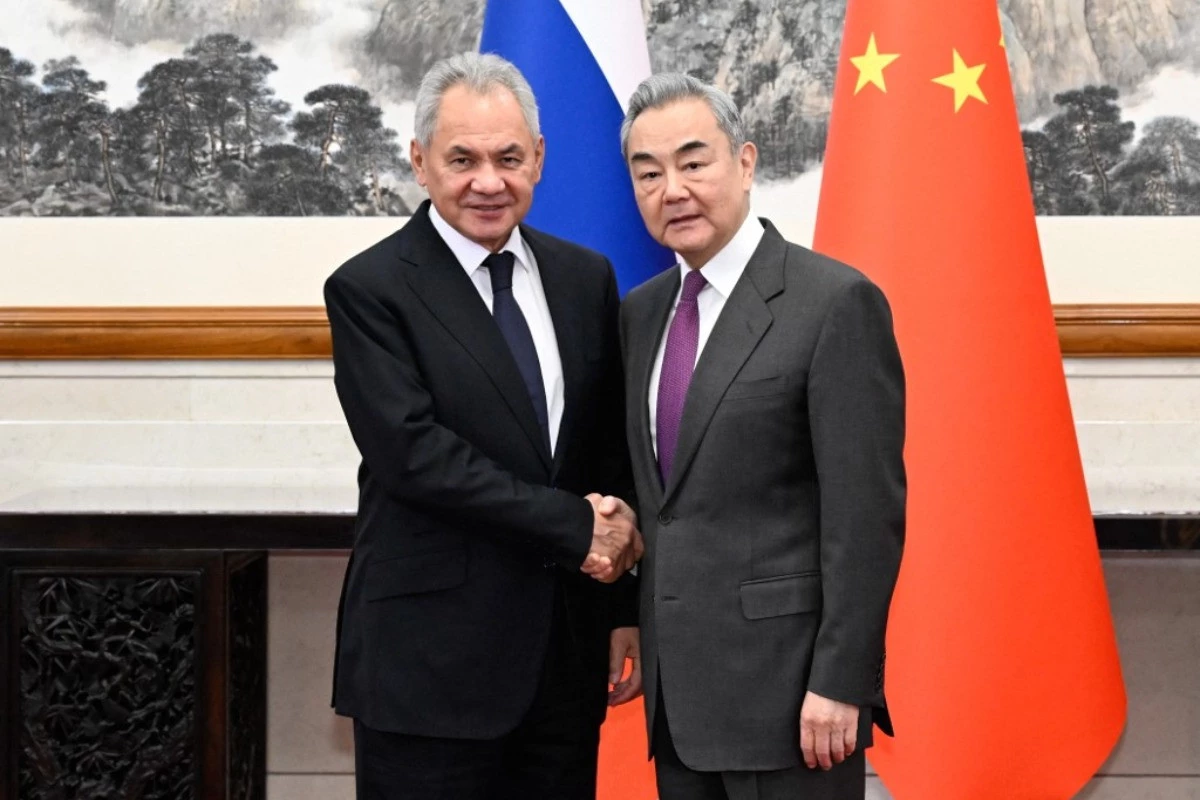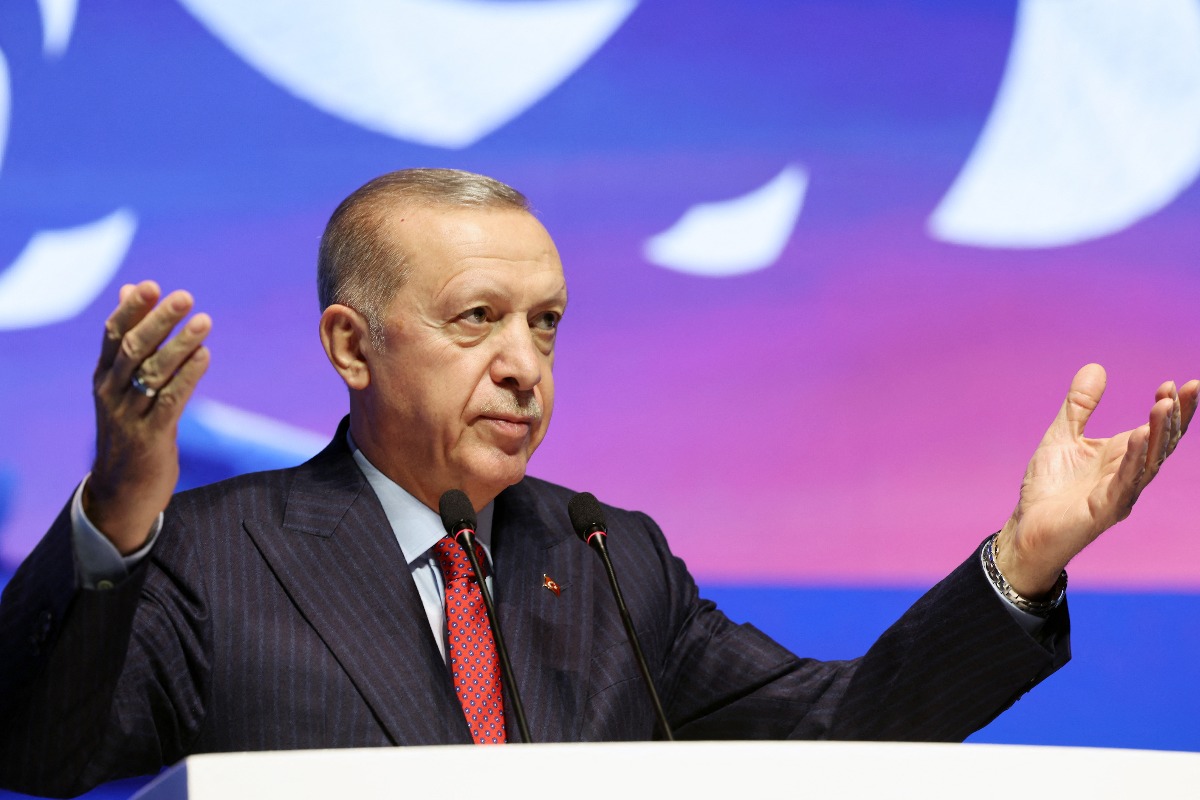In a video message, Erdoğan extended his wishes for a prosperous new year to the nation and humanity at large, emphasizing the importance of "global unity around shared values and principles to achieve a more peaceful future for everyone", Hürriyet reported.
"Tonight, we are completing the year 2023 and stepping into the year 2024. I wish that the new calendar year will be auspicious for our country, our nation and all humanity," Erdoğan said. "We maintain our hope for a better, more peaceful and more prosperous future for all of humanity."
As Türkiye celebrates the completion of its first century as a republic and steps into what Erdoğan termed the "Century of Türkiye," the country "reinforces our determination and zeal towards even greater goals," Erdoğan proclaimed.
Acknowledging the challenges on the path ahead, he remarked, "On this arduous path, we constantly encounter new tests, new troubles, and new obstacles – from the fight against terrorism to economic traps."
Erdoğan asserted that 2024 would mark the end of a troubled period for Türkiye, declaring, "The 2023 goals were the beginning. We are launching our real breakthrough with the Century of Türkiye in 2024."
Erdoğan suggested Türkiye's commitment not only to its own security and prosperity but also to "fostering a climate of peace" globally and in the region. Citing the war in Ukraine and the conflict between Israel and the Palestinian terrorist group Hamas, the president asserted Türkiye's efforts to "bring about peace and strengthen relations with allies."
"We are trying to bring peace efforts in our region to a conclusion. We are improving our relations with our friends in every field. We are concerned with the problems of our brothers," Erdoğan stated.
In his nearly eight-minute message, Erdoğan positioned Türkiye as a supporter of endeavors that aim to create a better, fairer and more prosperous world, claiming that the country's actions appealing to humanity at large are "gaining increasing favor in hearts around the world."



